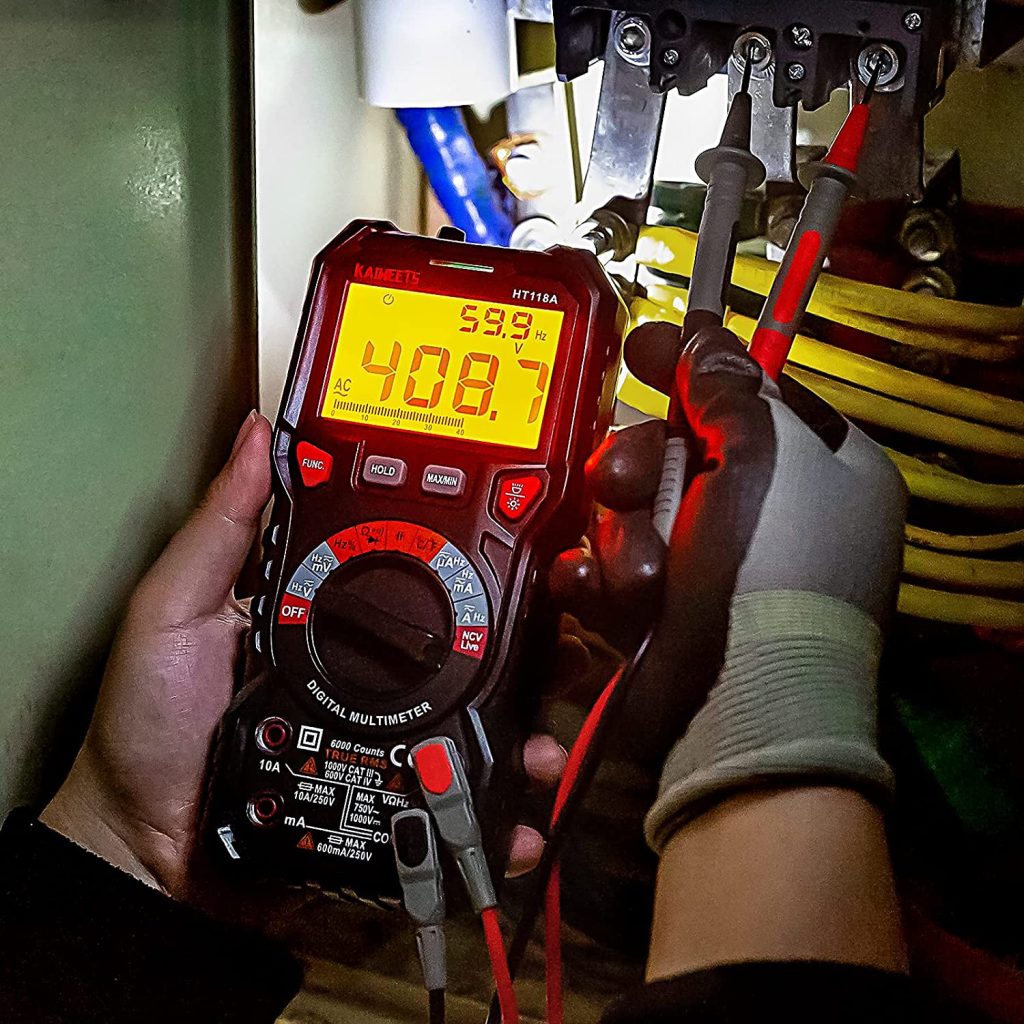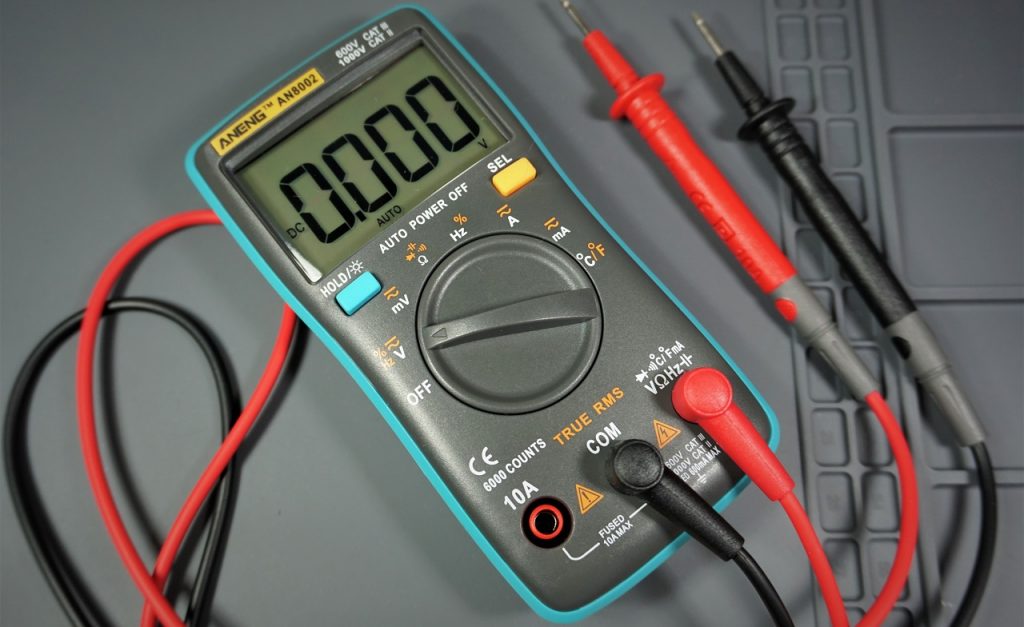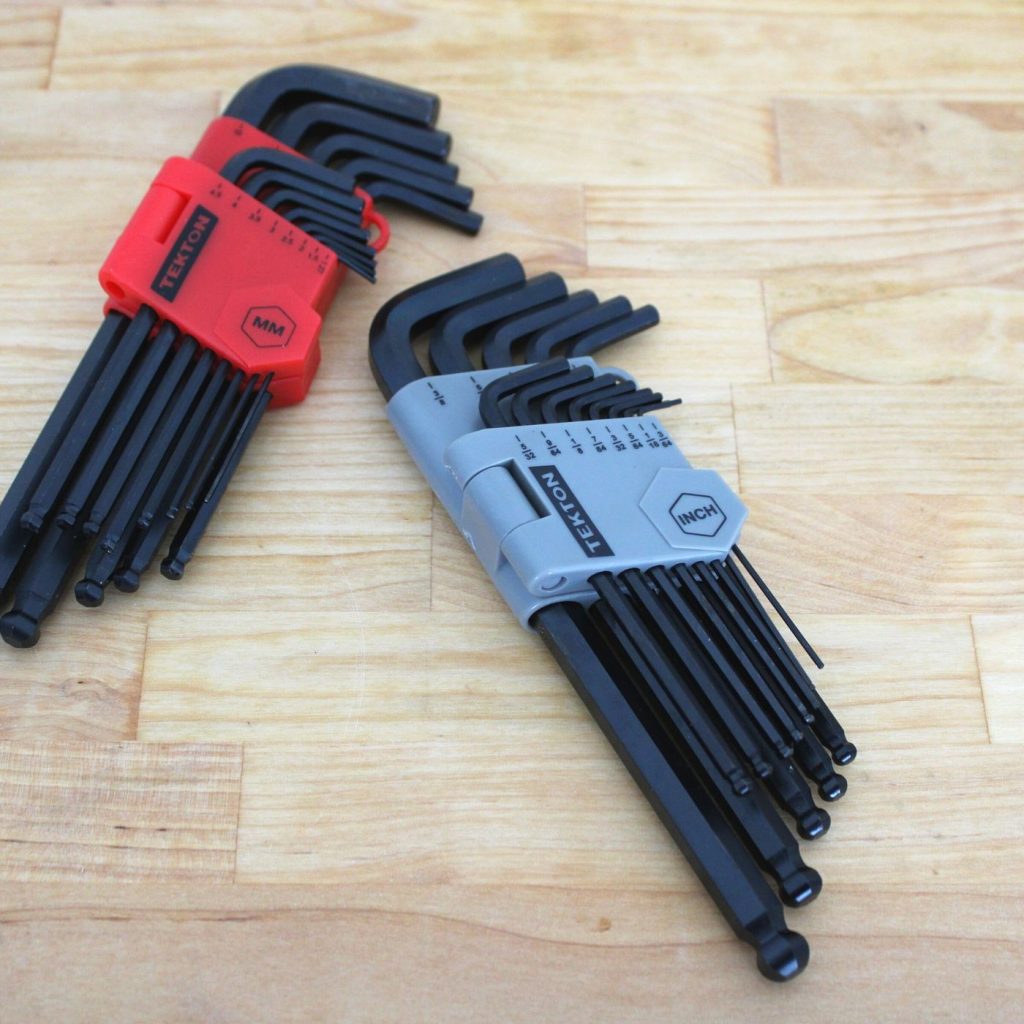Digital Multimeter, Why necessary? When it comes to electrical troubleshooting, maintenance and testing, having the right tools is critical. A digital multimeter is a valuable measurement tool that is essential for any electrician, technician or engineer in USA. As the name suggests, a digital multimeter can measure several different electrical properties including voltage, current and resistance.
To ensure you have the right digital multimeter for your job, there are several important considerations to take into account.
This blog post will provide insight into how to choose the right digital multimeter for your specific needs, with a focus on accuracy, resistance and safety.
Read on to learn more about the features, specifications and safety features to look for when selecting the right digital multimeter for your tasks.
What to consider while Choosing the Right Multimeter
As a USA citizen you need to know few thing before buying and multimeter. So here is the checklist :
- 1. Understand the features of the multimeter
- 2. Consider the display type
- 3. Select the right measurement range
- 4. Look at the accuracy of the multimeter
- 5. Choose the desired power source
Choose a multimeter with the right range for your needs
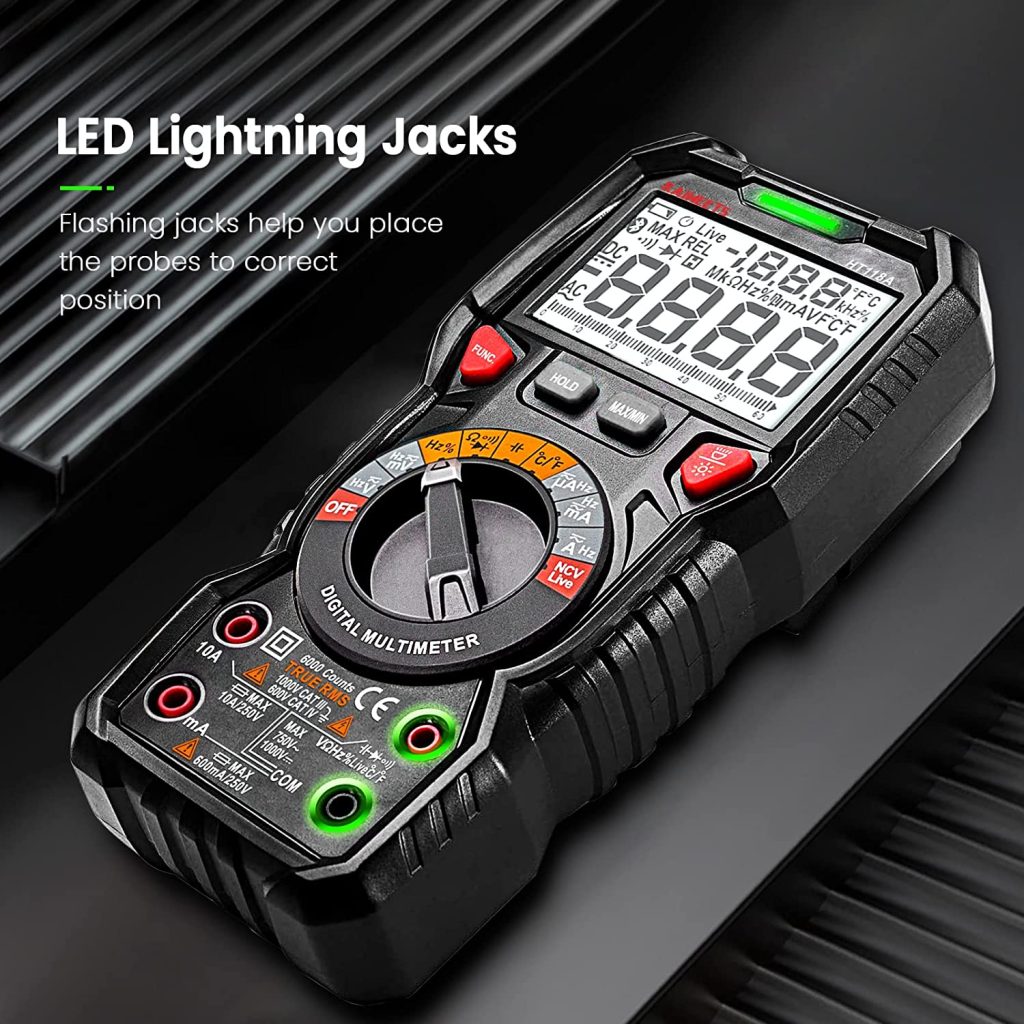
Having the right multimeter is essential for any electrical repair or testing project. If you don’t have the right device, it can lead to faulty conclusions, incorrect measurements, and potentially even dangerous results.
To avoid these issues and to ensure you have the appropriate device for your project, it’s important to understand the basics of multimeters and how to select the right one.
The first step in choosing the right multimeter for your needs is to identify the range you need to measure.
Digital multimeters are available in a wide variety of ranges, from low-voltage measurements to high-voltage measurements and more.
Some digital multimeters are designed specifically for use in automotive applications while others are designed for general purpose use.
Consider the types of measurements you will be making and select a multimeter with the appropriate range.
Look for a multimeter with an easy-to-read display
When shopping for a digital multimeter, you should look for one with an easy-to-read display. You don’t want to have to squint or strain your eyes to read the results.
Ideally, you should look for a multimeter with a bright, easy-to-read LCD display that you can easily view from a few feet away.
You should also make sure the display has a backlight for low-light conditions.
Additionally, you should make sure the multimeter has a good contrast ratio between the text and the background, so that the text is easy to read.
Pay attention to accuracy and resolution
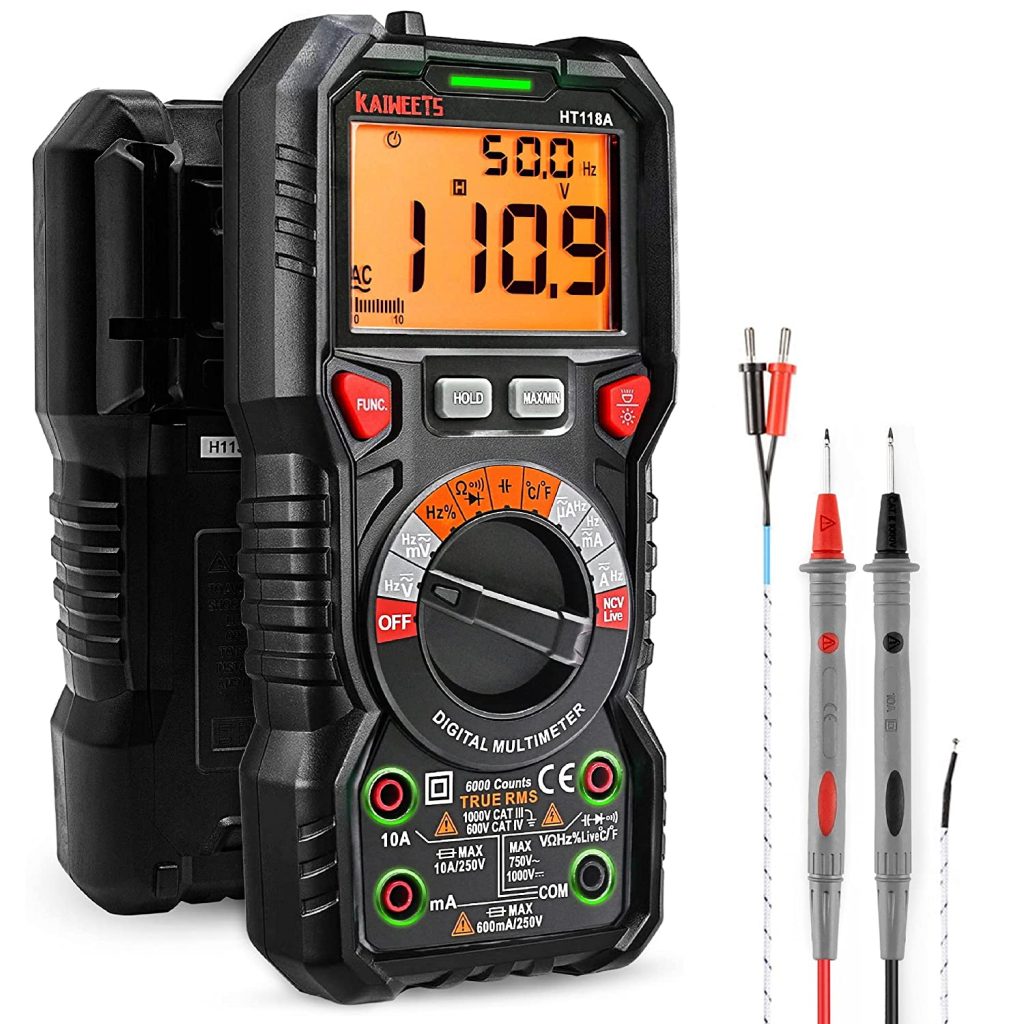
When it comes to choosing the right digital multimeter, it is important to pay attention to both accuracy and resolution.
Accuracy is a measure of how close the multimeter’s readings are to the actual value and is usually expressed as a percentage.
Resolution is the smallest increment of a measurement that the multimeter can detect and is typically expressed in digits. If you need to measure voltage or current, it is important to choose a multimeter with a high accuracy and resolution.
For instance, a digital multimeter with a resolution of four digits will be accurate to 0.1% of the measured value.
Consider safety features
When selecting a digital multimeter, make sure to consider the safety features of the device. Look for a model with a built-in safety fuse to prevent electrical shock.
This is particularly important if you plan to use the multimeter in wet or hazardous environments.
Additionally, some digital multimeters offer other safety features such as overload protection and low input impedance, which help to ensure that the device is safe to operate.
Check for additional features such as data logging or Bluetooth connectivity
When you’re shopping for a digital multimeter, it’s important to check for additional features.
Many multimeters come with data logging capabilities, which allows you to log data over a period of time. This is especially useful for industrial or scientific applications.
If you need to connect your multimeter to other devices, look for Bluetooth connectivity, which allows you to quickly and easily transfer data from your multimeter to another device.
Different models also come with different levels of accuracy and accuracy ranges, so be sure to check the accuracy specifications of the model you’re looking at.
Final Say
Finding the right digital multimeter for your needs isn’t as hard as it may seem. By considering the features you need, your budget, and the accuracy of your readings, you can ensure you’re selecting a quality device that meets all your requirements.
With the right digital multimeter in your toolbox, you’ll be prepared to take on any job with confidence.

